This quiz template is designed for vocabulary lists that are 20 words or more. It asks students to recall words and perform four tasks without repeating any word: translate, use in a sentence, define, and draw. Because the words need to be recalled, it's easily adapted to any list, though if you wanted to provide a word bank, you could. I could also see giving students the chance to ""buy a word bank"" for a few points (example: Quiz is 25 points, 20 for each blank plus five freebies that students can use to ""purchase"" a word bank or keep for themselves).
This file contains two versions: One with instructions in English and one with instructions in Spanish.
